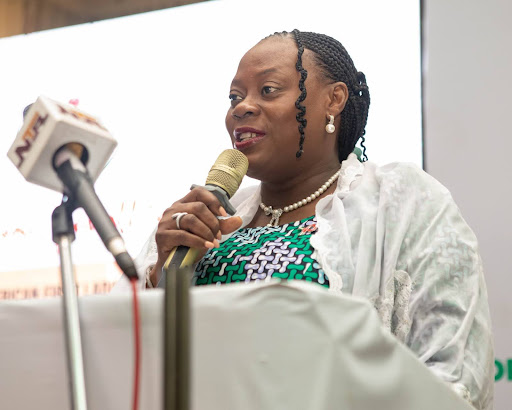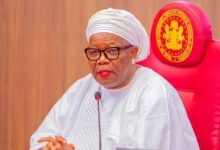
|
Getting your Trinity Audio player ready...
|
In a press release posted on Jan. 30, 2025, the Nigerian government acknowledged the Trump Administration’s recent executive order halting foreign aid for 90 days. The nation has welcomed a subsequent waiver allowing for the continued distribution of lifesaving HIV/AIDS medications and medical services.
The executive order, which aims to reevaluate and realign U.S. foreign aid, initially raised concerns among Nigerian stakeholders regarding the potential disruption of technical support and funding for HIV/AIDS and tuberculosis programs. According to UNAID, Nigeria has the highest number of people living with HIV in West and Central Africa, and the country has relied heavily on global partnerships for prevention, treatment, and support services.
The U.S. President’s Emergency Plan for AIDS Relief (PEPFAR) remains the largest donor to Nigeria’s HIV/AIDS response, covering approximately 90% of the treatment burden. The freeze on foreign development assistance had sparked fears of a funding gap that could impact millions of Nigerians who depend on antiretroviral (ARV) therapy. However, on January 28, 2025, the Trump Administration issued a waiver for lifesaving medicines and medical services, ensuring that PEPFAR-supported programs in Nigeria remain operational.
In response, the Nigerian government has expressed its gratitude to the U.S. government for the waiver while emphasising the need for sustainable domestic funding for HIV/AIDS programs. Dr. Temitope Ilori, Director General of the National Agency for the Control of AIDS (NACA), reaffirmed Nigeria’s commitment to mobilising local resources to mitigate risks associated with donor aid fluctuations.
“Nigeria remains dedicated to achieving its strategic goals in the fight against HIV. Through stakeholder collaboration, policy advocacy, and an enabling environment, we are committed to sustaining progress towards ending AIDS by 2030,” Dr. Ilori stated.
The government has urged state governors, private sector partners, legislators, civil society organisations, and the media to maintain their commitment to HIV/AIDS initiatives. Patients are also encouraged to continue accessing treatment services at designated health facilities across the country.






